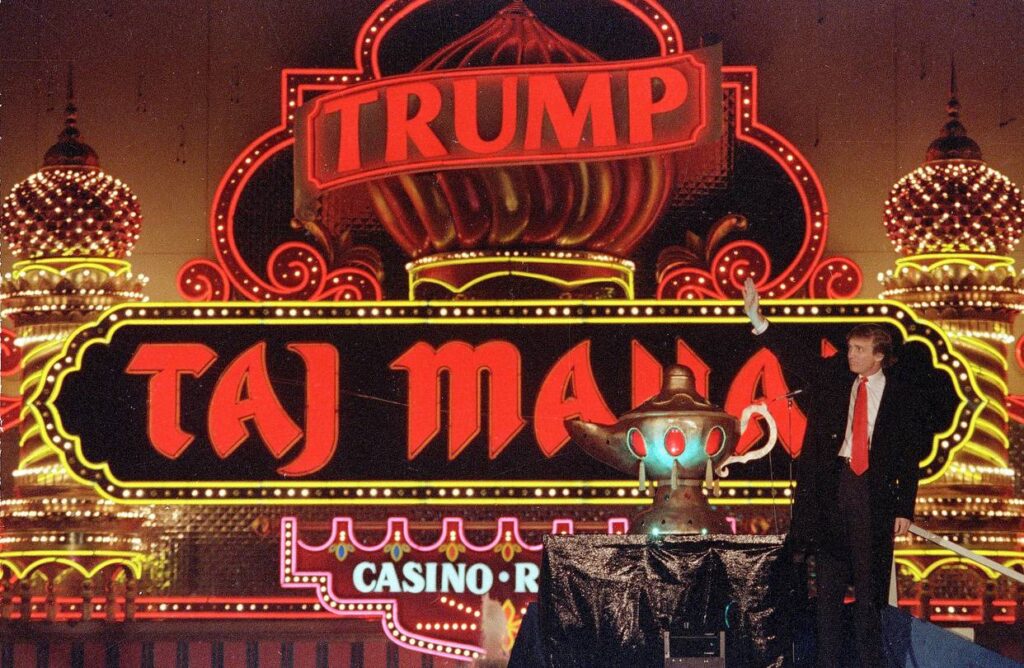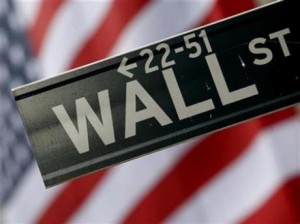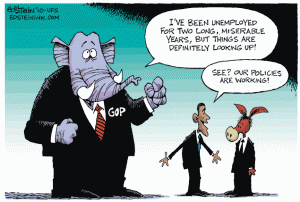Really, it’s a wonder investors have fallen for this falling outfit

A few decades ago, I wrote about scamsters active in the Denver penny stock market. This was a market in which hustlers such as the folks at Blinder, Robinson (known as “Blind ‘em and Rob ‘em”) would take public companies that made big promises but lacked assets, business plans, etc. The stocks would come out at $1 or so per share, rise as the firm’s salespeople hawked them, and then plummet as the lack of intrinsic value became apparent.
The underwriters and those in early made money, while suckers paid the tab by buying the shares. Sometimes, these penny deals involved shell companies, which had no assets or business, but were already publicly traded. Thus, they were ideal vehicles for other outfits wanting to go public — especially for merger candidates that didn’t want to tell much to investors at first. By contrast, legitimate companies, making initial public offerings, had to provide lots of information about themselves in elaborate pre-offering documents.
I’m reminded of this by Donald J. Trump’s Trump Media & Technology Group, which went public through a shell company (now dressed up as a “special purpose acquisition company”). By merging with a SPAC, Trump Media avoided having to make uncomfortable disclosures before going public that might have given investors pause.

For instance, Trump Media didn’t have to reveal that, as The Wall Street Journal reported, “it nearly ran out of cash last year and would have struggled to survive without the recent deal that took it public.” That disclosure, along with an auditor’s note saying the outfit’s “operating losses raise substantial doubt about its ability to continue as a going concern” came out only after Trump Media started trading. The company lost more than $58 million last year, if anyone is counting.
Would smart investors have bought in anyway? Well, some traders would have – and did – as they played the rise and (mostly) fall of the stock. But would those who want to buy into a company with real business prospects have done so? Or would only devotees of Trump buy in, thinking they were getting a stake in a brilliant businessman’s newest venture? It has to pay off since the golden boy is running it, right?
Well, the fall to earth for Trump Media began, fittingly, a couple days before April Fool’s Day. The stock, which had opened at $70.74 on March 26 and added a bit to hit $79.38, started a deep slide from $69.70 on March 28 to $51.77 by April 2. That means that folks who bought at the opening have now lost nearly 27 percent of their investment.
Does this strike anyone as the Greater Fool theory in operation? Does it remind anyone of the penny stock world? Indeed, is it possible that Trump Media & Technology Group may someday fall to nearly nothing, as Trump’s casino stocks did a couple decades ago, when he ran those businesses into the ground?

A lot of people lost money when Trump’s casinos failed, and they weren’t just investors. Folks who had done work for Trump or were otherwise owed money by him lost big. Cushioned by his wealth – money that had come by way of his rich father and that he had siphoned off the gaming halls — Trump managed to float above the disaster.
All this was reported, and folks who followed Trump’s career had long known about his failures. But, even as his casinos were being managed by others for the benefit of his lenders, the broad public didn’t see him as anything but golden, a god whose name adorned their still-glittering Atlantic City gaming palaces. I saw this firsthand in reporting out a story for BusinessWeek when I spent time with Trump, including a tour of one of his bankrupt casinos where gamblers sought to touch him in hopes his good fortune would rub off on them.
Even then, long before The Apprentice put a glossy sheen on this much-tarnished mogul, the gulf between the real Trump and the Trump his devotees see was apparent.
Of course, before his newest business whimsy craters, Donald J. Trump will likely cash out of Trump Media. His 57% stake in the company is worth a lot less than it was on opening day, but it’s still worth a bundle. And in time he could sell it off in bits and pieces as he needs cash, perhaps to pay off one $454 million civil judgment levied against him or another one, for $83.3 million – both of which he will delay paying as he appeals, of course.
When this is all reported, do Trumpies just dismiss it as the work of the “fake news” media? Do they shrug off such reporting as simply the product of people with anti-Trump agendas? Do they look on the justice system’s operations as nothing but persecution of their hero? No doubt, some do, and they may even just avoid reading such accounts. There are none so blind as true believers, after all.
Reporting accurately on Trump raises major problems for journalists, though. For one, they risk losing a good part of their audiences.
The editor of Cleveland’s Plain Dealer recently addressed the challenge in a note to readers. “The truth is that Donald Trump undermined faith in our elections in his false bid to retain the presidency,” editor Chris Quinn wrote. “He sparked an insurrection intended to overthrow our government and keep himself in power. No president in our history has done worse. This is not subjective. We all saw it.”
As reported by HuffPost, Quinn expressed sympathy with Trump fans who were frustrated that their local news source does not “recognize what they see in [Trump].” But he suggested that won’t stop the coverage.
“The facts involving Trump are crystal clear, and as news people, we cannot pretend otherwise, as unpopular as that might be with a segment of our readers,” Quinn wrote. “There aren’t two sides to facts. People who say the earth is flat don’t get space on our platforms. If that offends them, so be it.”
It’s possible that some Trump devotees will chalk up the frothy debut of Trump Media and its likely slide over time to what they see as their leader’s business brilliance. After all, he’ll do well, probably. As Trump Media slides, he will be in a position to ride the stock down quite profitably; it’s all found money for him, much as was the case with penny stock insiders.
As for his investors? Perhaps they will have the satisfaction of knowing they helped their boy out in a pinch. They could consider their investment a donation, though the IRS might not agree. They could tuck their investment records into one of the Bibles Trump recently sold.
Of course, the smartest investors may be those who have avoided the stock but, instead, watch it slide from the sidelines. Perhaps they could take bets on how quickly the shares fall and on when Trump Media will crater altogether.



